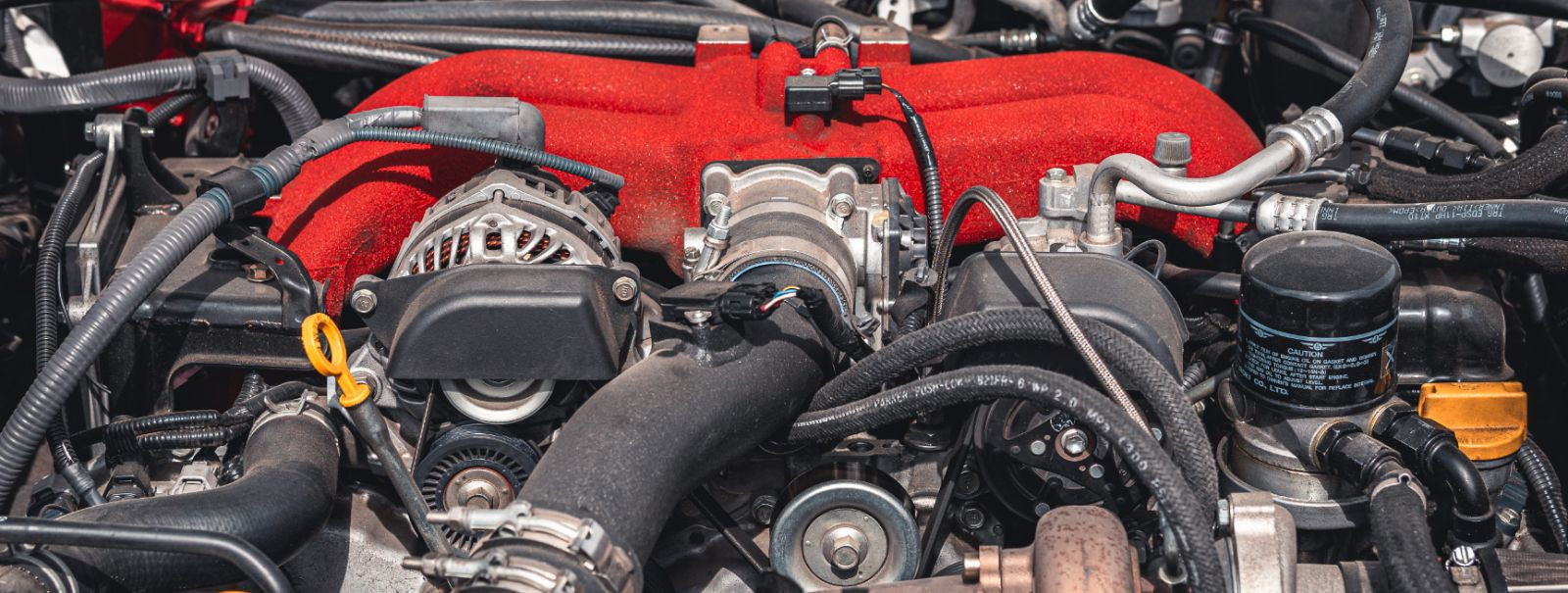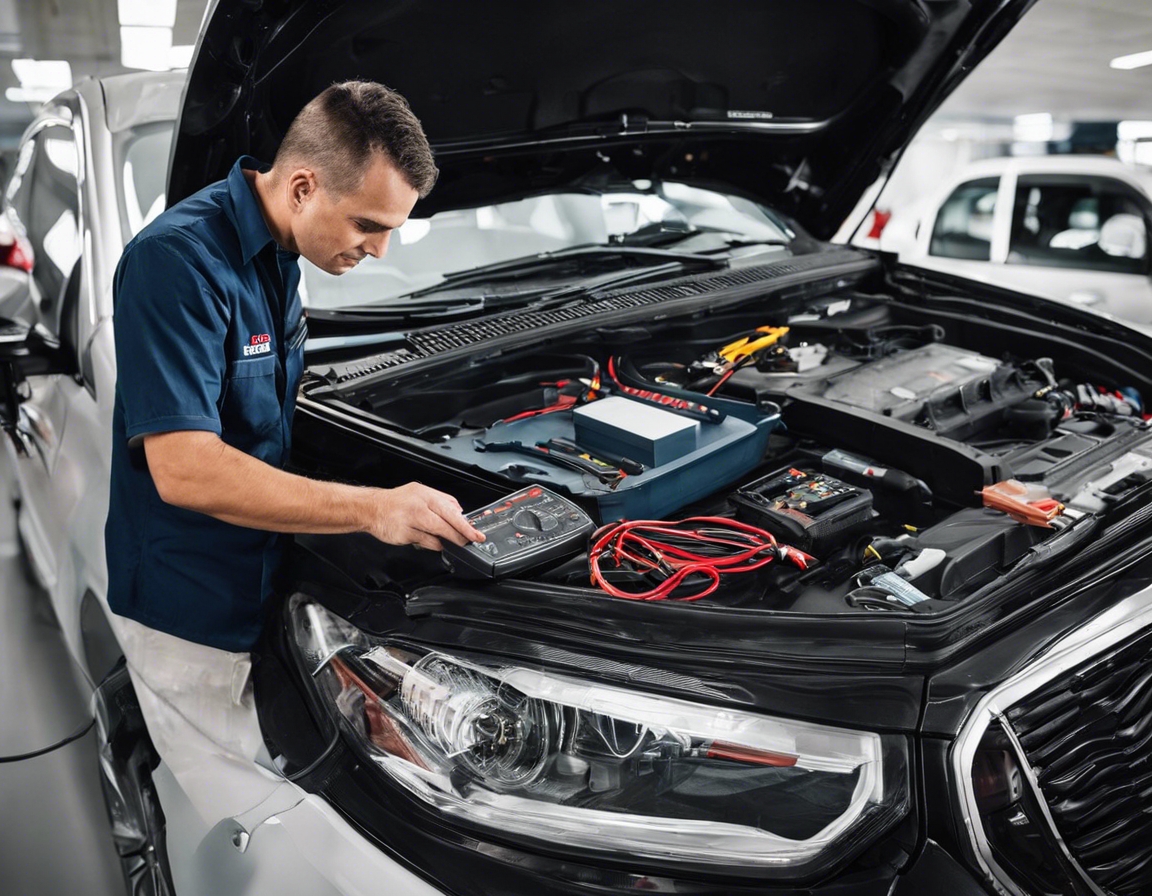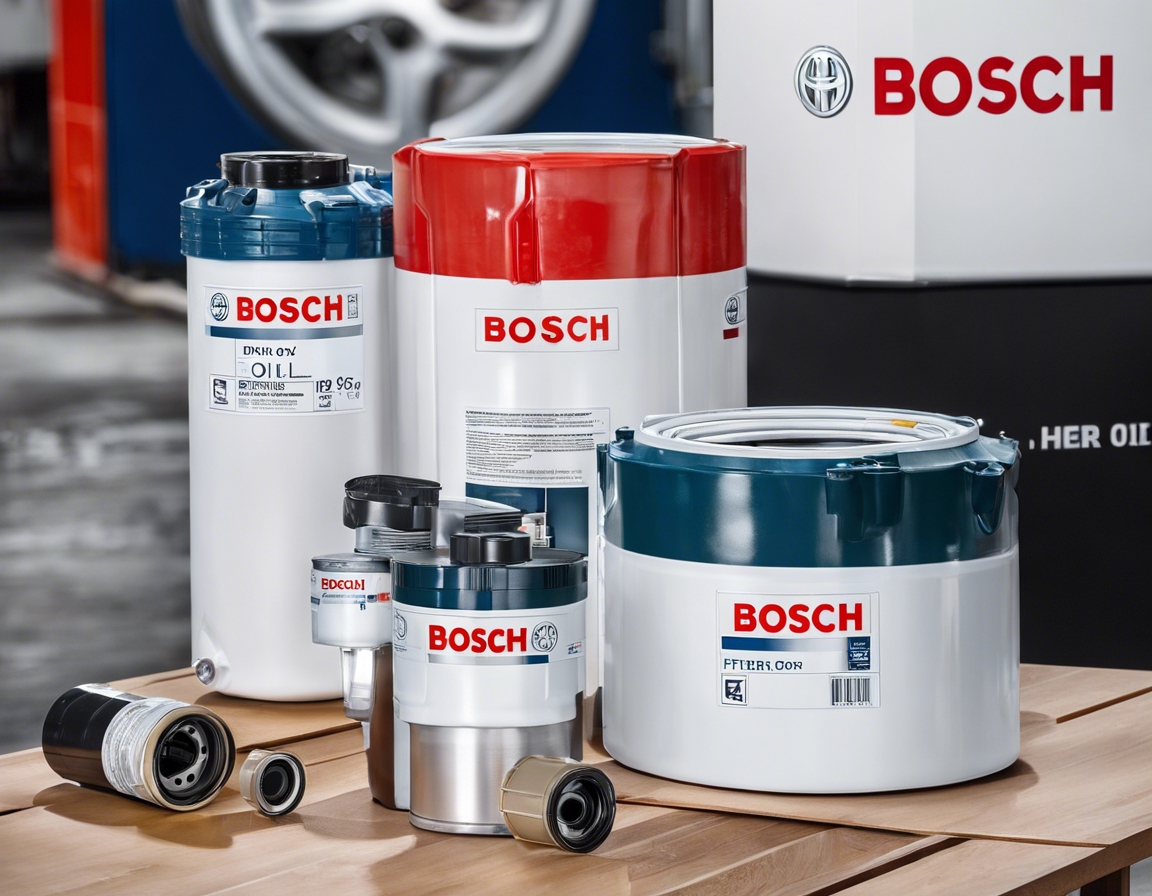The importance of regular engine maintenance
Engine maintenance is a critical aspect of vehicle care that ensures the heart of your vehicle remains in optimal condition. It involves a series of regular checks and procedures that help prevent breakdowns, extend the life of your engine, and maintain vehicle performance.
Regular engine maintenance offers numerous benefits, including improved fuel efficiency, reduced emissions, enhanced safety, and increased vehicle reliability. It also helps in maintaining the vehicle's resale value and avoiding costly repairs down the line.
Key Aspects of Engine Maintenance
One of the most fundamental aspects of engine maintenance is the regular changing of engine oil. Oil lubricates the engine's moving parts, reduces friction, and helps dissipate heat. Over time, oil breaks down and becomes less effective, making timely oil changes crucial.
Filters play a vital role in keeping contaminants out of your engine. Replacing air, fuel, and oil filters at recommended intervals ensures your engine runs smoothly and efficiently.
Various fluids are essential for the operation of your vehicle, including coolant, brake fluid, power steering fluid, and transmission fluid. Regular checks and top-ups are necessary to maintain proper levels and prevent engine damage.
Belts drive multiple components within your engine. Inspecting them for wear and tear and replacing them when necessary helps prevent unexpected failures.
Maintaining the ignition system, including spark plugs and ignition wires, is essential for efficient engine performance and fuel economy.
Advanced Engine Diagnostics
Modern diagnostic tools play a crucial role in identifying engine issues before they become major problems. These tools can detect a wide range of engine and vehicle malfunctions, allowing for precise and timely maintenance.
Professional technicians, like those at HR-SERVICE OÜ, are skilled in interpreting diagnostic results and can provide accurate assessments and appropriate maintenance recommendations.
Maintenance Schedules and Best Practices
Every vehicle comes with a manufacturer-recommended maintenance schedule. Adhering to this schedule is key to ensuring your engine's longevity and performance.
Best practices for engine maintenance include regular inspections, following the manufacturer's maintenance schedule, and addressing any issues promptly. Educating yourself on basic engine care can also be beneficial.
The Economic Impact of Engine Maintenance
Preventative maintenance can lead to significant cost savings by avoiding expensive repairs and extending the life of your vehicle.
Neglecting engine maintenance can result in decreased performance, higher fuel consumption, and ultimately, more severe and expensive repairs.
Choosing the Right Service Provider
When choosing a service provider for engine maintenance, look for qualities such as experience, the use of modern diagnostic tools, and a customer-centric approach.
HR-SERVICE OÜ stands out as a trusted partner for vehicle owners in Keila and surrounding areas. With a focus on quality service, modern diagnostic tools, and a customer-centric experience, we ensure your vehicle receives the best care possible.






Comments (0)